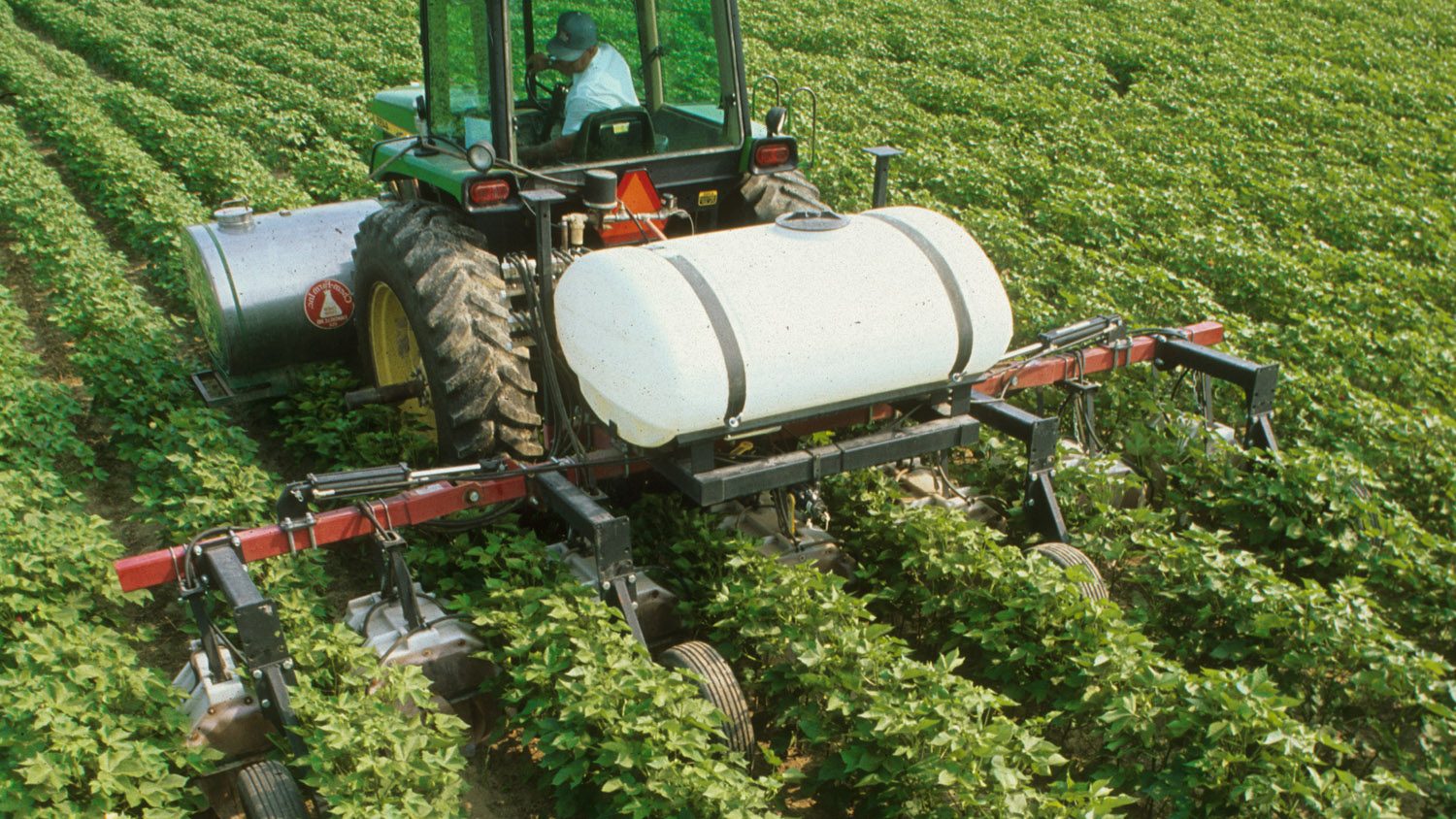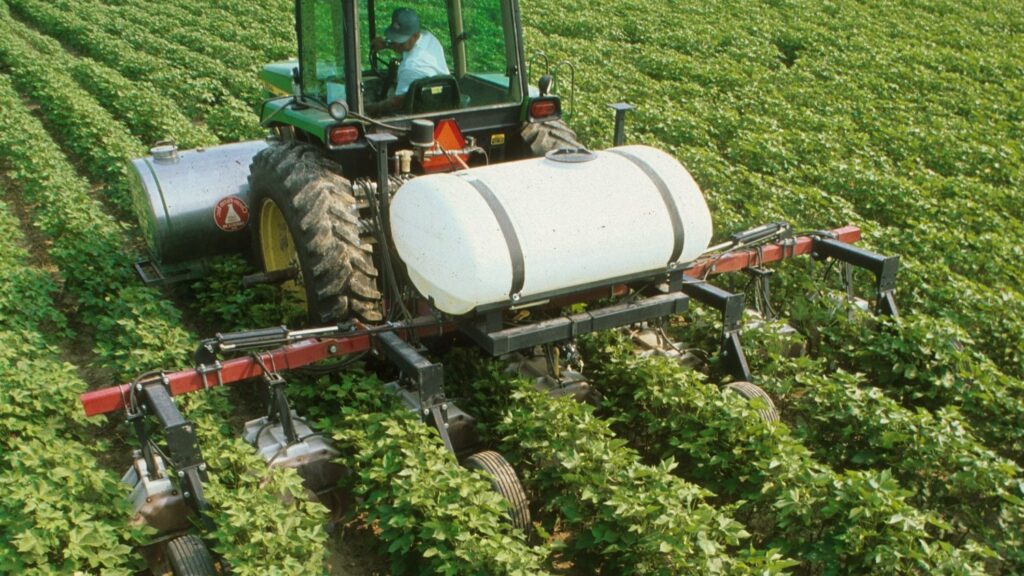
Introduction to Agricultural Engineering
Agricultural engineering is the field that combines engineering principles with agricultural practices to enhance productivity, efficiency, and sustainability in the agricultural sector. It involves the application of various engineering disciplines to solve complex problems faced by farmers and the agricultural industry as a whole.
2. The Role of Agricultural Engineers
Agricultural engineers play a crucial role in bridging the gap between traditional farming methods and cutting-edge technology. They design and develop innovative tools, equipment, and systems to optimize agricultural processes. These professionals also work on creating solutions for challenges like crop yield improvement, resource conservation, and waste management.
3. Modern Challenges in Agriculture
With the global population on the rise, agricultural systems are under increasing pressure to produce more food while minimizing environmental impact. Agricultural engineers tackle challenges such as climate change, soil degradation, and limited natural resources through creative engineering solutions.
4. Mechanization and Automation
The advent of mechanization and automation has revolutionized agriculture. From advanced tractors to self-driving harvesting machines, agricultural engineers are behind the design and implementation of technologies that streamline labor-intensive tasks and boost productivity.
5. Precision Farming Techniques
Precision farming involves using technology like GPS, sensors, and data analytics to make informed decisions about planting, fertilizing, and harvesting crops. This approach maximizes yield while minimizing the use of resources, reducing waste, and optimizing land usage.
6. Sustainable Agricultural Practices
Agricultural engineers promote sustainability by developing techniques that protect the environment and ensure the longevity of agricultural practices. These include methods for reducing water consumption, minimizing chemical usage, and implementing renewable energy sources on farms.
7. Biotechnology in Agriculture
Biotechnology has opened doors to genetically modified crops, disease-resistant plants, and improved livestock breeds. Agricultural engineers collaborate with biotechnologists to create solutions that address food security and quality.
ance, applications, and the ways it’s shaping the future of agriculture.

